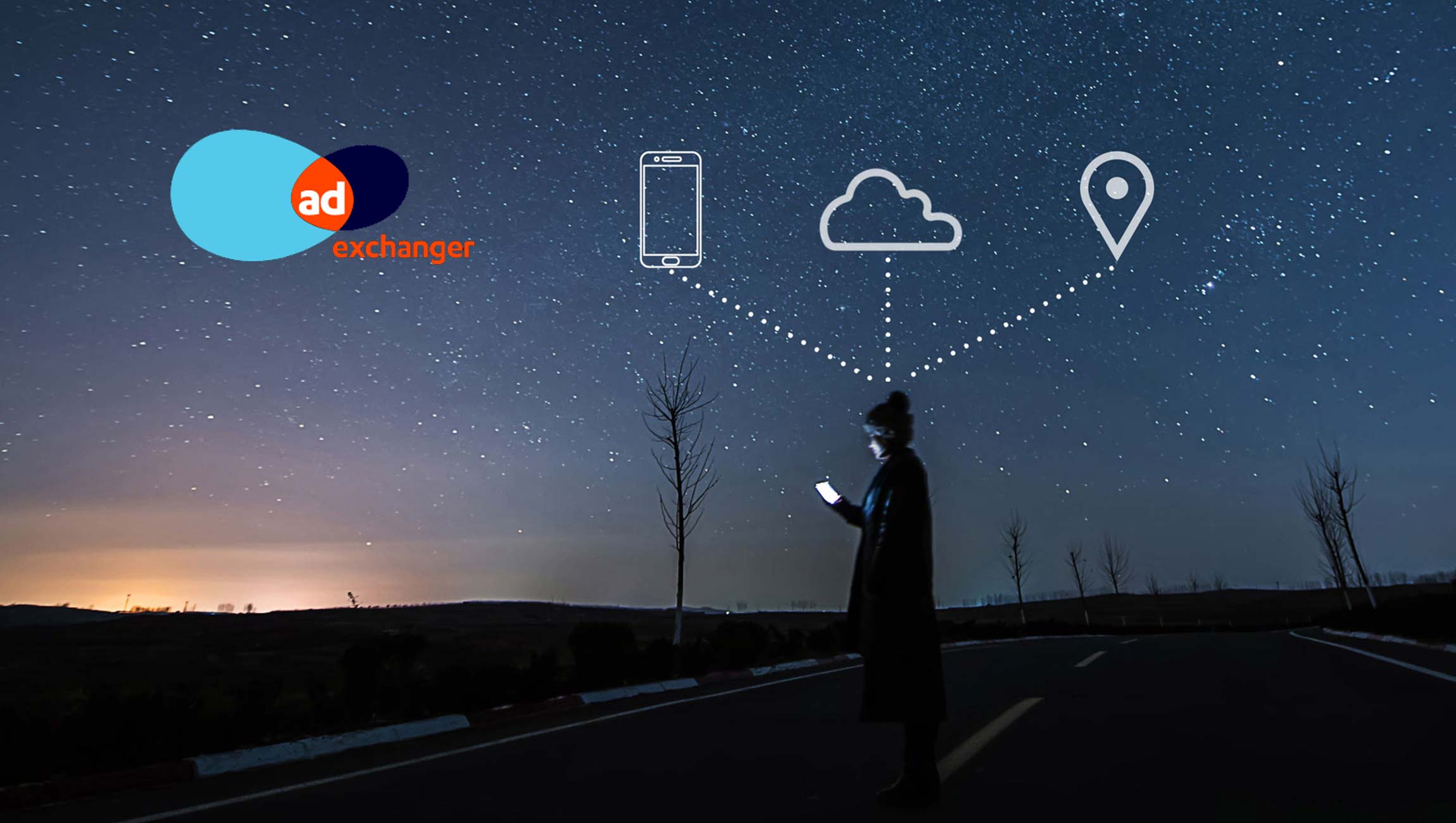As the COVID-19 pandemic is keeping many of us in our homes, the future of Customer Experience in online shopping is a big predicament for all e-commerce brands.
As the COVID-19 pandemic is keeping many of us in our homes for the foreseeable future, online shopping has become the go-to way Americans are getting essential (and non-essential) items. In fact, the volume of online shopping increased by 25% since the start of March.
But, with difficulty getting delivery time slots for groceries and slower shipping times for most items, there has also been a spike in customer service calls and interactions. We’ve learned quickly as an industry what matters most in unprecedented times of crisis, and although we can’t predict when the world will return to whatever our “new normal” looks like, there will be valuable lessons that brands can take with them to shape the future of their customer experience strategies for years to come.
The Importance of Soft Skills Training
Empathy has been a hot topic in the customer experience industry during the pandemic, and is a critical skill for customer support agents to demonstrate. Even prior to the pandemic, more than a third (36%) of employees identified soft skills as the type of training they think companies need to provide their employees with most. But despite this need, 51% of employers don’t offer soft skill training, or training that teaches essential communications skills. COVID-19 is giving businesses reason to ramp up this training quickly, as customers expect compassion and empathy when they call or interact with customer service. Companies should plan to continue this training even after a return to normalcy, as this is a skillset that will transcend the crisis.
When to Use Tech versus the Human Touch
With the spike in customer service interactions businesses have been pushed to determine what can be answered via AI/chatbots or directed to an online help center, versus which issues must be escalated to a person.
Prior to the pandemic, three in five (59%) consumers already felt companies had lost touch with the human element of the customer experience, and while the emotional intelligence needed through these times is certainly best served by a human being, the long wait times many are experiencing may be a byproduct of systems that don’t have the right balance of human and tech elements in their customer experience strategies.
Companies should take this time to analyze frequently asked questions that do not need a human being to respond, and work to improve or develop user-friendly AI chatbots and self-service pages to help consumers find their answer quickly and efficiently, and lower customer service wait times. Those who implement superior systems now will reap rewards in the future.
Commit to your Employees & Customers
Consumers and employees agree that customers receive better support when employees have a positive experience in the workplace (even if that workplace is in their home).
Setting a high standard for employee experience through areas such as training, which boosts performance and thus employee satisfaction, can not only help attract and retain these important workers through the crisis, but also help retain customers in the long run. Showing a commitment to employees is also crucial for consumers in this climate as 90% of customers believe that brands must do everything they can to protect the well-being and financial security of their employees and their suppliers, even if it means suffering big financial losses until the pandemic ends.
A commitment to customers, for example, Nike eliminated the subscription fee on their workout streaming service, NTC Premium, to help consumers stuck in their homes stay healthy. the kind of compassion bands must show to keep consumers around for the long haul.
Through an emphasis on soft-skills training, balancing tech and the human touch, and committing to both consumers as well as the employees, brands will make it through this crisis creating a new higher standard within their industry and winning over consumers.











